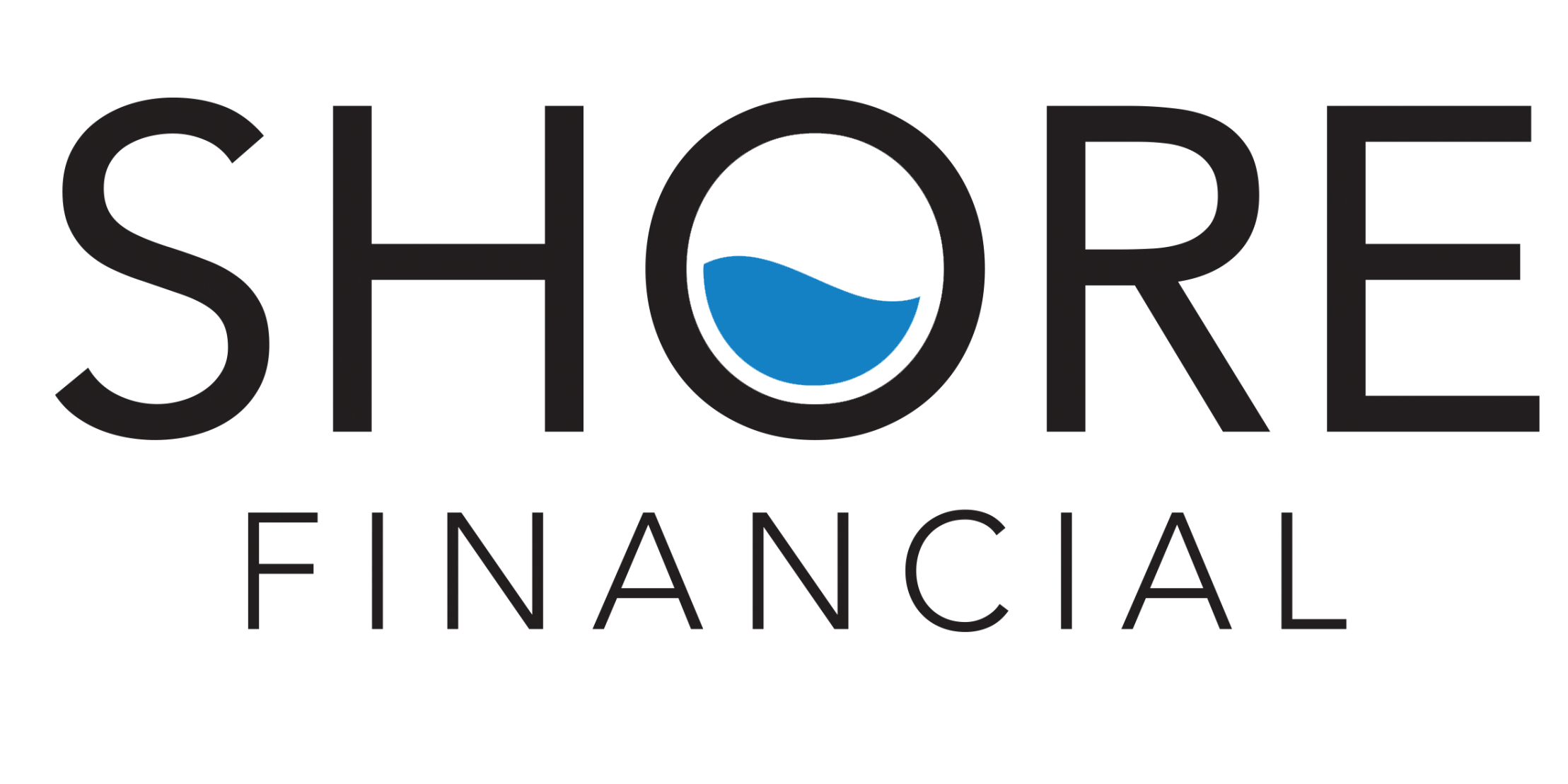Brought to you by Shore Financial
We know that investing in property can be a scary venture to jump into, and it will have major implications on your personal financial situation. Asking your accountant the right questions will enable you to make more informed decisions.
Why Ask My Accountant First?
An accountant can check everything from your budget to your taxes. They'll tell you how to plan for rate changes, how to structure your down payment, and how to pay off the principal of the loan as quickly as possible.
They will prepare you for the total financial impact of buying the property. They'll limit your liability, conserve your debt, and explain just how much you'll pay in interest over time (whether on a fixed or variable rate).
If you're buying the property through your company or a trust, your accountant will also give you advice on how to maximise your tax planning. A good accountant will likely give you all of this information upfront, but it's good to come prepared with questions just in case.
Here are some questions you can ask your accountant when you're planning to venture into property investment.

1. Can I Afford to Buy a Property?
Property is a smart buy when you're looking to expand your property portfolio, but it's not foolproof by any stretch. Plenty of people get in over their heads if they run into an unexpected situation. Whether it's a job loss or a major blow to the market, you should be asking your accountant if you have the funds to withstand the worstcase scenario.
An accountant will take into account your gross monthly income before running the numbers on how your mortgage will fit into your current financial obligations. If you're saving for a deposit, they'll give you the precise numbers on how much you need to save. Finally, an accountant will walk you through the post-purchase ramifications of each decision.
2. Should I Aim for Negatively Geared Investment?
Negative gearing may hold solid tax benefits for some investors, which is why you've probably heard it being discussed favourably among property investors.
It occurs when you generate less gross income from the asset than the amount spent to maintain the property. This strategy is not for everyone though, so you wouldn't necessarily be advised to aim for this.
If you want to understand more about how negative gearing will affect you, you should first ask your accountant how it will work with your finances. Greater tax deductions may not always compensate for the loss you're taking on the property.
Negative gearing can also negatively stunt your portfolio if you're trying to grow it, as this can limit how much you can borrow. Finally, an accountant will prepare you on how negative gearing will impact your cash flow in the case of unexpected market fluctuations.
3. How Can I Claim Depreciation Against My Property?
Your property is going to depreciate from the moment you buy it, and this is true even if it's market value goes up. The wear and tear on the building will inherently affect the state of the property. Depreciation is tax-deductible, which can be music to an owner's ears.
However, claiming too much depreciation can also affect your capital gains when you sell the property. If the market value goes up, capital gain taxes will be calculated based on the claimed depreciated value, not the original purchase amount. An accountant will give you an idea of how to claim depreciation to maximise both your current and future taxes.

4. Should I Buy a Brand New Property?
Buying a new property is usually a strategic move if you're looking to claim higher depreciation during the first five years of ownership. If you're planning to renovate the property, you can also maximise your depreciation over a certain period.
An accountant can explain the difference between repairs and renovations and how they relate to the capital works or capital expenses of the property.
An accountant can give you a better idea of how the property values are likely to fluctuate over time and balance this against your future plans. So if you're only planning to own the property for a few years, you may want to alter your strategy to make up for the rapid depreciation of a new home.
5. Which Ownership Structure Should I Choose?
There are several ways to structure ownership. Some people will set up a family trust and put the property in the trust's name rather than the name of an individual owner. Your accountant can talk to you about how acquiring a property can impact your tax planning.
The Next Step Towards Building Your Wealth:
You owe it to yourself to explore your options before you settle on your property investment. Ensure you take advantage of the full perks of investments, and avoid purchasing property with poorly structured loans.
After you've consulted your accountant and sorted out all the details, your next step is to find the right credit advisor. If you want to work with a financial expert who understands everything from legal transactions to financial planning, call Shore Financial and speak with one of our advisors today.
Disclaimer: This is general information only and should not be taken as financial advice. Please speak to a Shore financial planning professional before making a decision on your home loan.
Shore Financial
shorefinancial.com.au
1300 416 700
info@shorefinancial.com.au

in Finance
News and Lifestyle View the Latest Updates
-
Late Summer Landscape Tips: Boost Your Garden’s Appeal for… January 30thAs Summer winds down (or is it up??), it's easy to think that the hard work of maintaining your garden is over.
-
Market Update | 14 & 15 December 2024 December 17thProperty prices have risen throughout the year across the country, though the rate of growth has slowed from the fast...